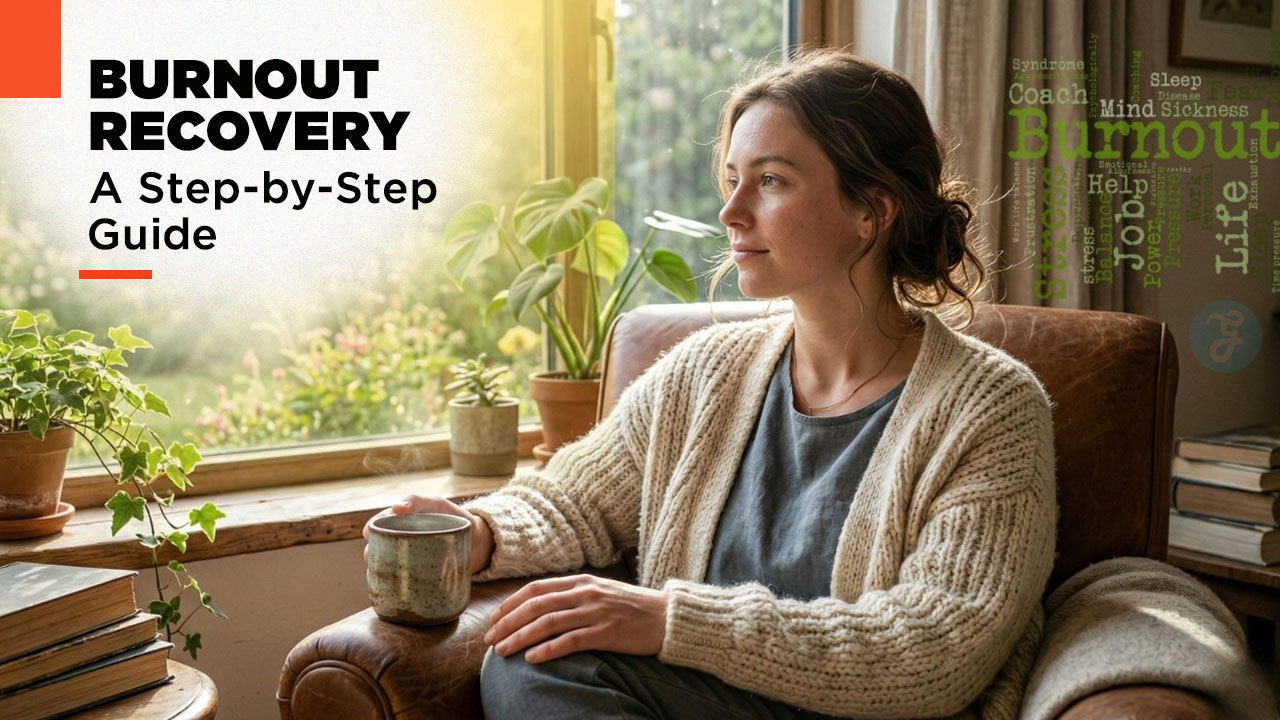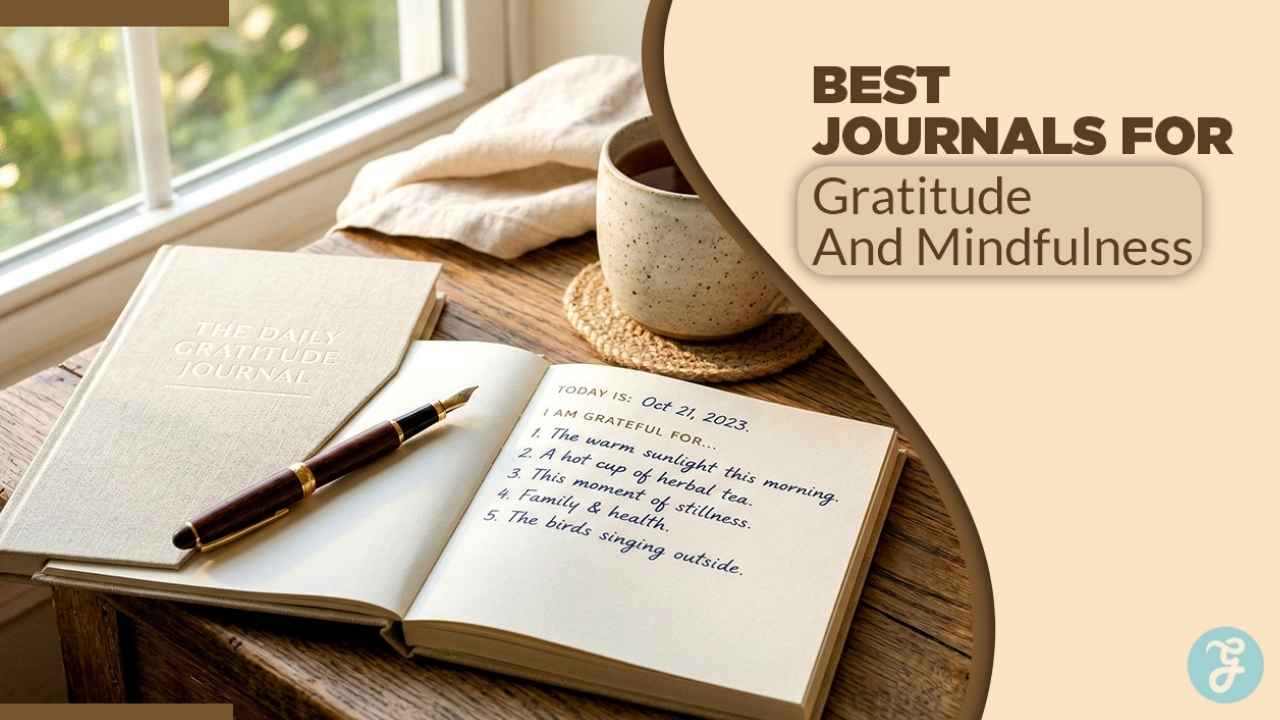Worthwhile relationships do not simply fall from the sky or come about by sheer luck or destiny. They are not determined by the alignment of the planets on the day you were born or the position of the stars during your first date. Instead, these relationships are cultivated and nurtured over time. They require consistent effort and attention, ensuring that they do not deteriorate or become neglected as the years go by.
The Common Challenges Faced in Relationships
Many relationships start on a high note, full of love and optimism, but they can become strained or negative due to a variety of problems or situations. Work-related stress, financial difficulties, or significant life changes, such as the birth of a first child, can put a strain on the relationship. These issues can shift priorities and cause the bond between partners to weaken. If not addressed promptly, a relationship that once seemed perfect can become problematic and may no longer feel worth continuing.
Protecting and Strengthening Your Relationship
The positive news is that there are numerous strategies that couples can employ to protect their relationships and strengthen their connection. These methods can help prevent relationships from burning out, avoid falling into toxic or negative patterns, and maintain happiness, strength, and satisfaction for everyone involved.
Expert Advice on Enhancing Relationships
Several experts from Harvard University have weighed in on this topic and have provided valuable advice that can benefit not only romantic relationships but also friendships, work relationships, and family connections.
The Importance of Listening More Than Talking
Harvard psychologist Amy Cuddy, in an article featured on INC.com, offers several tips that can help individuals make better impressions, win over others, and improve relationships of all kinds. One of her key pieces of advice is the importance of listening more than talking. Listening is crucial because it allows you to truly understand and learn what others have to say. When you listen attentively, you gain a better understanding of the other person’s needs, concerns, and perspectives. This knowledge can be instrumental in finding solutions to any problems that arise. While it is important to communicate your thoughts and feelings, knowing how to listen effectively is an essential element of successful relationships. Cuddy advises against selective listening and stresses the importance of paying attention to the entire conversation.
Spending Quality Time Together
According to an article published by Harvard Health Publishing, spending quality time together is another fundamental aspect of a healthy relationship. It is not merely about being in the same physical space but about engaging in activities that you both enjoy and that help to strengthen your bond. Researchers have found that the way a couple spends their time together significantly influences the quality of their relationship. For instance, simply watching television together is a neutral activity that does not necessarily enhance the relationship. In contrast, participating in activities that promote flow as a couple, such as sailing, hiking, learning a new skill together, or other active leisure activities, including sex, can generate more positive feelings about the relationship. These activities foster a deeper connection and create shared experiences that can enhance the overall quality of the relationship.
Incorporating Mindfulness and Gratitude into Relationships
The same article from Harvard Health Publishing highlights the importance of incorporating mindfulness and gratitude into relationships and the positive effects these practices can have. Mindfulness, which involves being fully present and engaged in the moment, is associated with higher levels of happiness and the ability to build more resilient relationships. It improves communication and increases the ability to solve problems efficiently. On the other hand, practicing gratitude helps to improve satisfaction in relationships by allowing individuals to recognize and appreciate all the positive aspects of their relationship, rather than focusing on the negative. Harvard notes that conveying appreciation for your partner can make them appreciate you more. This shared gratitude leads both individuals to be more responsive to each other’s needs and more likely to stay committed to the relationship.
Communicating Correctly and Choosing Your Words Wisely
Amy Cuddy also emphasizes the importance of proper communication. Effective communication is not just about saying everything that comes to mind without filters or consideration. It involves choosing your words carefully and thoughtfully, as the way you express yourself can significantly impact the attitudes and reactions of others. Clear and considerate communication ensures that your message is understood correctly, avoiding misunderstandings and ensuring that things are clear between you and your partner.
Seeking Help When Necessary
Psychologist and relationship expert Anthony Chambers has explained to the American Psychological Association that maintaining healthy and happy relationships sometimes requires seeking external help. He believes that almost everyone can benefit from some form of couples therapy. Chambers points out that, although we are all social beings and inherently connected to relationships, we receive very little formal training on how to maintain successful relationships. There is often an assumption that adults should naturally know how to have a healthy relationship, but this is not always the case. Couples therapy can be beneficial for nearly everyone, as it provides the skills and tools necessary to build and sustain a healthy relationship. Chambers suggests that seeking help is a proactive step that can significantly improve the dynamics of a relationship.
Conclusion
In summary, building and maintaining strong relationships require consistent effort, effective communication, quality time, mindfulness, gratitude, and, when necessary, professional help. By following the advice of experts and incorporating these practices into your relationship, you can create a more fulfilling, resilient, and satisfying connection with your partner. These strategies can also be applied to friendships, work relationships, and family connections, helping to improve the quality of all your relationships.










































